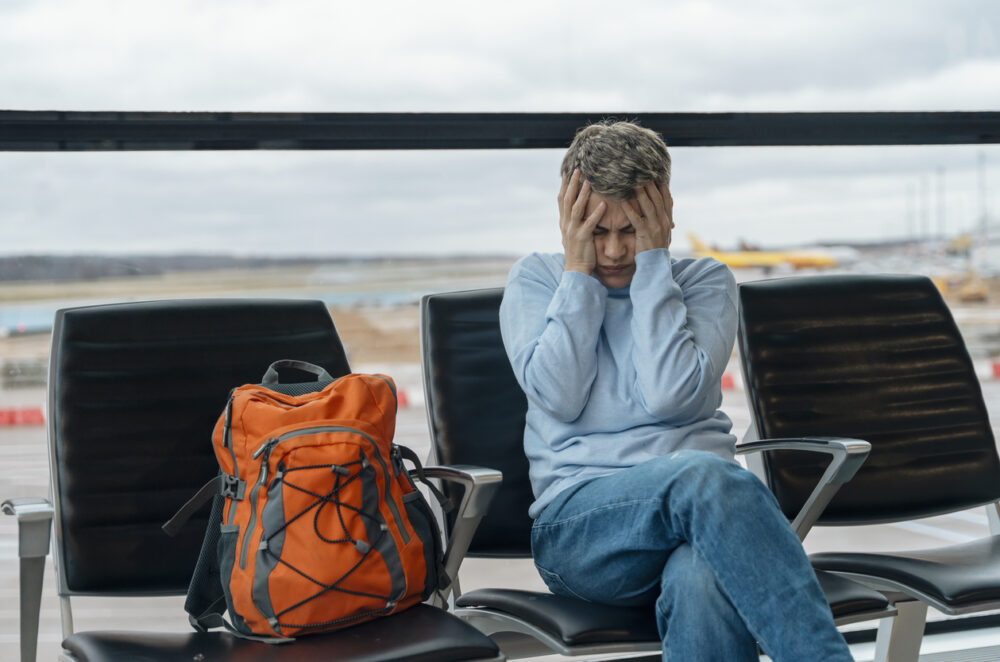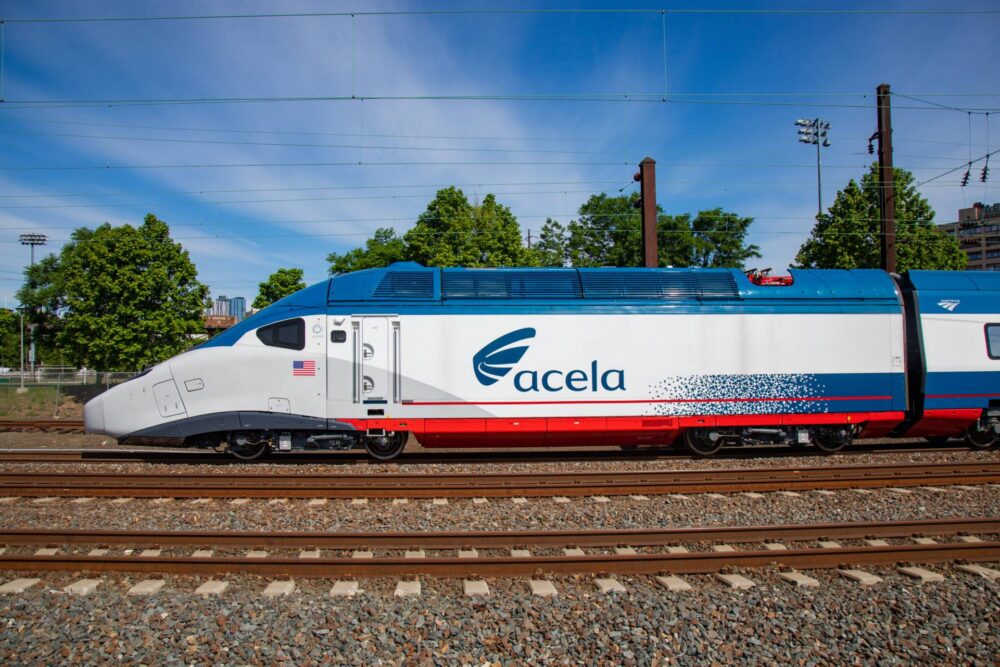That post-vacation letdown is not just in your head; it’s in your biology.

The feeling of returning to your normal routine after a great vacation can be a surprisingly miserable experience. This “post-vacation blues” or “travel withdrawal” is not a sign of being ungrateful; it is a real and scientifically measurable phenomenon. Vacations are not just a luxury; they are a fundamental part of our mental and physical maintenance, a way of resetting a brain that has been overworked and overstimulated.
Understanding the science behind why a vacation feels so good, and why coming home can feel so bad, is the key to appreciating why time off is a biological necessity.



